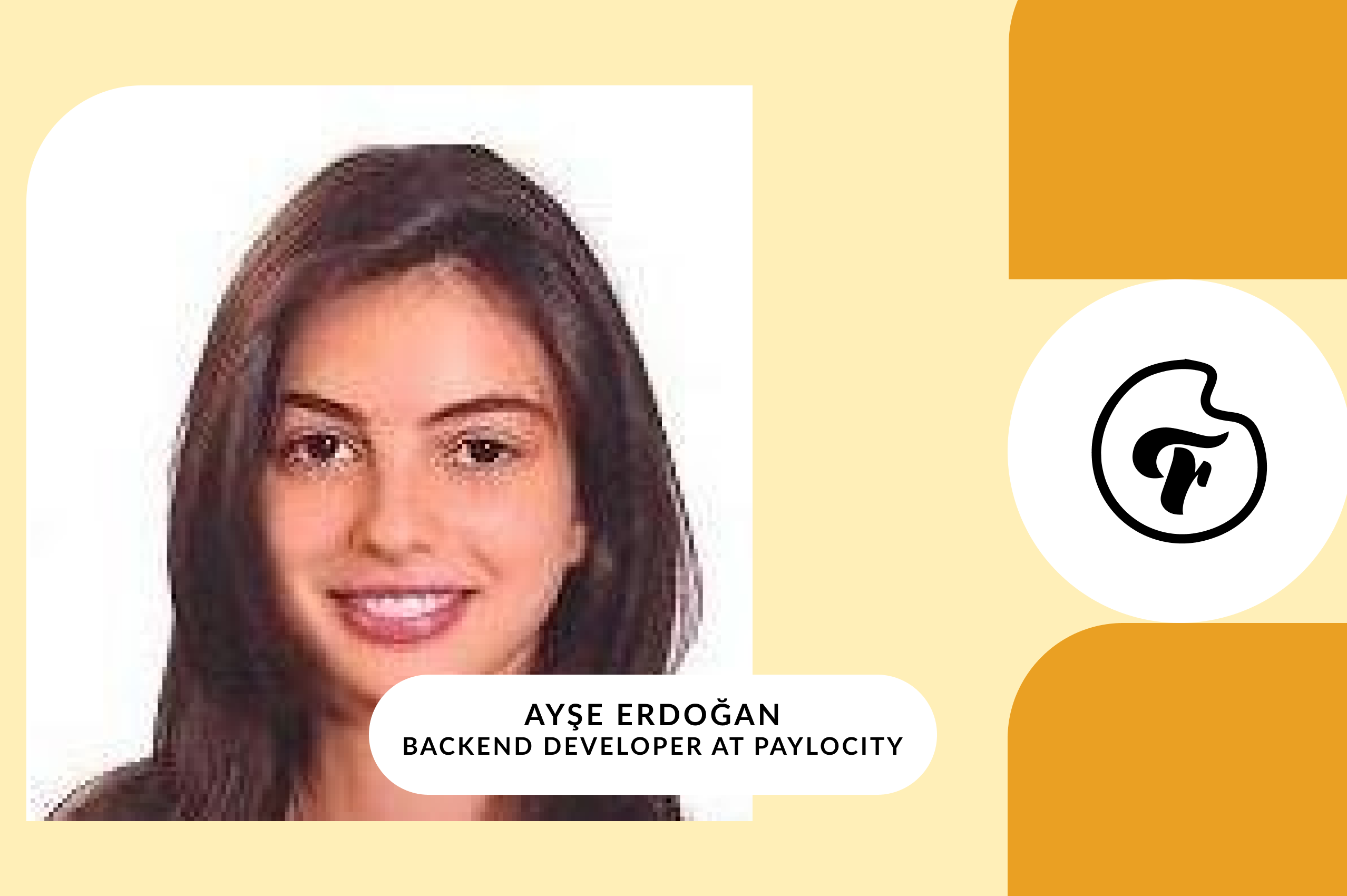
With globalization and post-COVID trends, our world is more interconnected than ever. You can hire a team member who has never visited your country, collaborate with colleagues on the other side of the globe, or lead a remote project spanning multiple time zones. Easy? In many ways, yes – it’s never been more accessible. But let’s be honest: working across cultures still brings challenges.
Culture itself is one of the biggest barriers. It’s subtle yet powerful, it shapes the way we communicate, make decisions, and prioritize tasks. It impacts our expectations we have about our peers, our direct manager, and our teams. It is hard to to spot cultural differences and these differences are extremely delicate to manage.
Unlike language, there’s no automatic translation tool for cultural differences. And while we may assume we are “all on the same page,” these differences often surface in unexpected ways, affecting collaboration, performance, and motivation.
Have you ever been struggling to adjust to the workplace expectations in a new country? Been puzzled by a colleague’s reaction to a joke you thought was completely harmless? Or felt caught between staying true to yourself and meeting the leadership expectations of a multicultural team?
Understanding cross-cultural communication is no longer just a “nice-to-have” skill – it’s essential for building strong, diverse, and high-performing teams. Whether you’re leading global projects, working in an international company, or simply engaging with people from different backgrounds, navigating cultural nuances is key to success.
This article opens a series on cross-cultural communication, where I’ll share insights and real-life cases to help you work effectively across cultures; for example, what communication channels are preferred in different culture. Or how to navigate disagreements while working in multicultural teams. Or why some cultures see time as flexible category while others expect following schedules.
If the topic of cross-cultural communication resonates with you, follow my upcoming publications – I’d love to explore this journey together!
1. Why “Common Sense” Isn’t Universal – How cultural backgrounds shape what we consider “normal” in business interactions.
2. Small Talk and Business Relationships – Why some cultures value casual conversation before getting down to business and others prefer efficiency.
3. Email, Calls, or Face-to-Face? Choosing the Right Communication Style – How different cultures prefer to exchange information and what it means for global teams.
4. How Different Cultures Handle Conflict – Confrontation vs. harmony: how to navigate disagreements without losing credibility.
5. Hierarchy vs. Equality: Who Makes the Decisions? – Understanding power distance and its impact on leadership and teamwork.
6. Time Perception: Is Punctuality Really That Important? – Why some cultures see time as flexible while others expect strict adherence to schedules.
7. Giving and Receiving Feedback Across Cultures – The difference between constructive criticism and potential offense in international teams.
8. The Role of Personal Space in Business Interactions – Why standing too close (or too far) can impact negotiations and meetings.
9. Dealing with Uncertainty: Risk-Taking in Different Cultures – How comfort with ambiguity varies and why it matters in international projects.
10. Body Language: Reading the Unspoken Messages – Why gestures, eye contact, and facial expressions don’t always mean what you think.
11. Work-Life Balance: Different Expectations Across Cultures – Why some cultures prioritize long hours while others value strict boundaries between work and personal life.
Olga Mukhina is a Leadership consultant, Team Coach and Facilitator with 20+ years of consulting experience. Olga works with global multinational organizations across all sectors with a particular interest in supporting leaders, helping individuals and teams to bridge business imperative with human elements and building high-performing culture in teams. She also facilitated multicultural teams and help leaders create conditions for Diversity, Inclusion and Equity in organizations. She was leading virtual and real teams in various cultures, and she is passionate about leadership across cultures.
Olga was born in the URSS, brought up in Russia, lived in UK, worked across Europe, in Turkey, Central Asia, Middle East and Africa. Since 2017 she has been living in Slovenia (Ljubljana). Olga works in English and Russian languages and speaks Slovene, French, and Italian.


